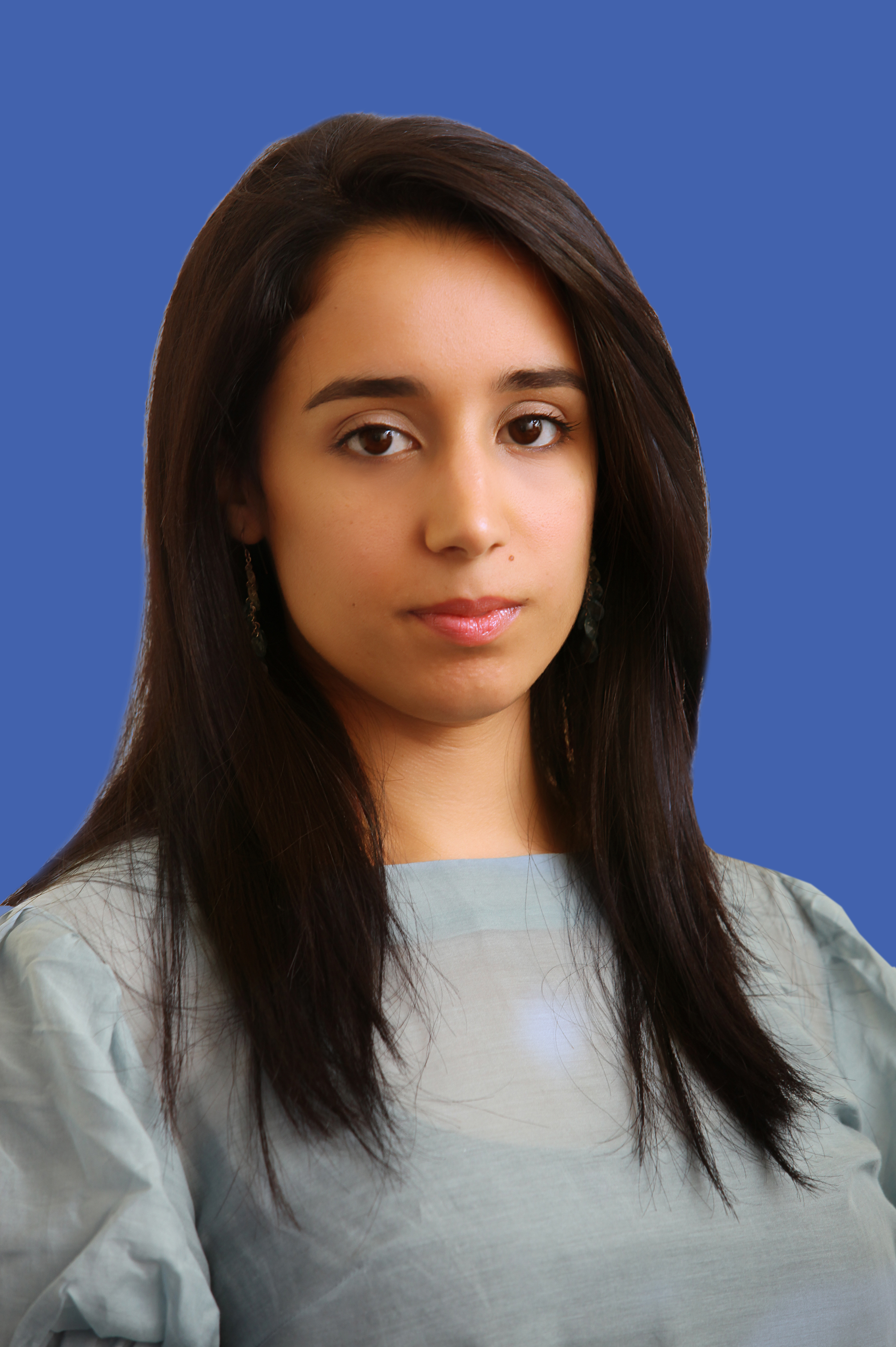{
"authors": [
"Amel Boubekeur",
"Rachid Ouaissa"
],
"type": "event",
"centerAffiliationAll": "",
"centers": [
"Carnegie Endowment for International Peace",
"Malcolm H. Kerr Carnegie Middle East Center"
],
"collections": [],
"englishNewsletterAll": "",
"nonEnglishNewsletterAll": "",
"primaryCenter": "Carnegie Endowment for International Peace",
"programAffiliation": "",
"programs": [],
"projects": [],
"regions": [
"Middle East",
"Egypt",
"Gulf",
"Levant",
"Maghreb"
],
"topics": [
"Political Reform"
]
}
Event
Foreign Policies of Islamist Parties in the Arab World
Mon, July 27th, 2009
Beirut
IMGXYZ1398IMGZYXModerate Islamist parties across the Arab world could present themselves as legitimate candidates for preventing the spread of fundamentalism. Depending on their ideology, position towards the liberalization process, and overall foreign policy choices, they can act as professional national representatives and cooperate with the West on international issues. These are good enough reasons for the EU and the U.S. to support the integration of moderates in local politics.
This was the general consensus at a conference on the “Foreign Policies of Islamist Parties in the Arab World,” organized in Beirut by the Carnegie Middle East Center (CMEC) on July 27th. The conference speakers included Amel Boubekeur, associate scholar at the CMEC, and Rachid Ouaissa, professor at the Phillips Université Marburg.
The conference provided insights into the possibilities for the normalization of Western relations with moderate Islamic parties in Algeria, Egypt, Jordan and Morocco. It provided as well a solid framework for identifying Islamist movements who could cooperate with the EU and United States.
Ms. Boubekeur’s explored the foreign policy dynamics of Algeria’s Mouvement de la Société Pour la Paix (MSP) and Morocco’s Parti de la Justice et du Développement (PJD). After becoming “legal” and “loyal” to the governing regime in the 1990s, these parties proved willing to “professionalize” their means of action and renounce violence. They developed relationships with foreign actors and benefited from outside assistance in terms of funding and training.
Ms. Boubekeur stressed that “while strongly constrained in their own countries, Europe can be a salutary though punctual platform for advancing their moderate Islamists views.” By acting as such, the EU and the U.S. also hope to see moderate Islamist trends better integrated in their domestic politics to influence state reforms and prevent terrorism. Ms. Boubekeur suggested “the West should learn to value Islamic parties for what they say regarding broad – not only Islamist – political issues, and support the building of real political partnerships with them to enhance their professionalization and inclusion.”
Mr. Ouaissa, assessing whether moderate Islamist parties actually have a foreign policy program, stated that “Islamists could well be perceived as good counterparts of the European socio-democrats for example.” He added that factors influencing Islamist movements’ foreign policy include:
- Their attitude towards the democratization process and their own degree of inclusion within the local political system; their level of internal democratization; and the level of integration of their MPs in state bureaucracies.
- The Islamist movements’ position towards market economy and liberalization, influenced by their access to potential rents; their economic dependence on foreign aid; and the socioeconomic condition of their electors.
- Finally, the party’s ideology. It encompasses the movement’s interpretation of national history in its speeches, its level of involvement in the Israeli-Palestinian conflict; and the influence of the mother organization and original Party’s ideology.
Carnegie does not take institutional positions on public policy issues; the views represented herein are those of the author(s) and do not necessarily reflect the views of Carnegie, its staff, or its trustees.
